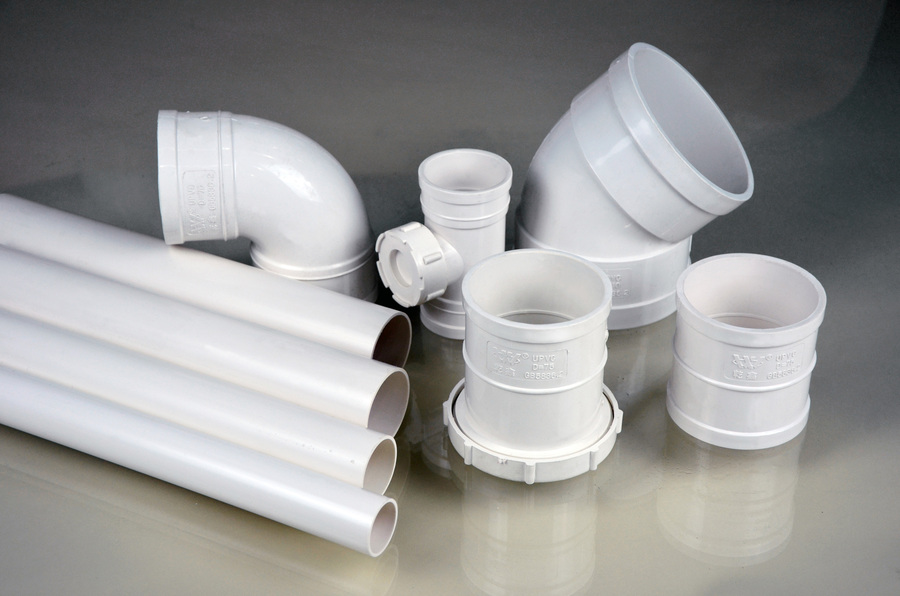Oct . 15, 2024 17:31 Back to list
High-Density Polyethylene Pipes for Agricultural Applications and Efficient Irrigation Solutions
HDPE Pipes for Agriculture Enhancing Irrigation Efficiency and Crop Yield
Irrigation is a critical component of modern agriculture, especially as global challenges such as changing climates and growing populations intensify the need for efficient water usage. High-Density Polyethylene (HDPE) pipes have emerged as a revolutionary solution in agricultural irrigation systems, offering a range of benefits that enhance both water management and crop productivity.
What is HDPE and Why Use It?
High-Density Polyethylene (HDPE) is a thermoplastic polymer made from petroleum. Known for its high strength-to-density ratio, HDPE is widely used in various applications, from packaging materials to piping systems. In agriculture, HDPE pipes are gaining popularity due to their flexibility, durability, and resistance to environmental stressors. Unlike traditional materials such as concrete or metal, HDPE is lightweight, making it easier to handle and install.
Benefits of HDPE Pipes in Agriculture
1. Durability HDPE pipes are highly resistant to corrosion, cracking, and UV radiation. This durability means they can withstand harsh environmental conditions and chemicals often found in agricultural settings, leading to a longer lifespan and reduced maintenance costs.
2. Lightweight and Easy to Install The lightweight nature of HDPE pipes simplifies transportation and installation processes. Farmers can easily maneuver the pipes on their fields, reducing labor costs and installation time, which is especially beneficial in large-scale agricultural operations.
3. Reduced Water Loss Traditional irrigation systems often suffer from leaks and inefficiencies. HDPE pipes, designed with smooth interiors and seamless construction, minimize friction losses and prevent leaks, ensuring that more water reaches the crops. This efficiency is vital in arid regions where water is scarce and conservation is essential.
4. Flexibility The flexibility of HDPE allows it to adapt to various landscapes and terrains. This adaptability means that farmers can implement innovative irrigation designs such as drip or sprinkler systems that optimize water delivery directly to the plant roots, thereby maximizing crop yield.
hdpe pipe for agriculture product

5. Cost-Effective Although the initial investment in HDPE pipes may be higher than traditional options, their longevity, reduced need for repairs, and water conservation capabilities lead to significant savings over time. This cost-effectiveness is crucial for farmers looking to maximize profit margins.
Environmental Considerations
The agricultural sector is increasingly striving to adopt sustainable practices to minimize impact on the environment. HDPE pipes contribute to these efforts by promoting efficient water use, reducing runoff, and minimizing soil erosion. Moreover, HDPE is recyclable, so end-of-life pipes can be repurposed instead of ending up in landfills. Utilizing HDPE pipes aligns with sustainable agricultural practices, making them an environmentally friendly choice.
Case Studies and Adoption
Numerous successful case studies demonstrate the effectiveness of HDPE pipes in agricultural applications worldwide. For instance, in regions facing water scarcity, such as parts of California and the Middle East, farmers have adopted drip irrigation systems made from HDPE pipes. These systems have resulted in improved water use efficiency—up to 90% compared to traditional methods—allowing farmers to produce higher yields with significantly less water.
Farmers transitioning to HDPE systems also report an increase in overall crop health and quality. The ability to deliver water directly to the root zone encourages healthier plants, which translates to better resistance against pests and diseases, ultimately leading to higher returns for producers.
Conclusion
As the agricultural sector continues to evolve in response to environmental and economic pressures, the adoption of innovative technologies like HDPE pipes becomes increasingly essential. The benefits of HDPE pipes—durability, flexibility, reduced water loss, and cost-effectiveness—support farmers in achieving efficient irrigation systems that enhance productivity and sustainability. By investing in HDPE piping systems, farmers are not just improving their yields; they are also contributing positively to the environment and helping to secure the future of agriculture in a changing world. As industry awareness grows, HDPE pipes are likely to play an ever-larger role in agricultural practices worldwide.
-
High-Quality PVC Borehole Pipes Durable & Versatile Pipe Solutions
NewsJul.08,2025
-
High-Quality PVC Perforated Pipes for Efficient Drainage Leading Manufacturers & Factories
NewsJul.08,2025
-
High-Quality PVC Borehole Pipes Durable Pipe Solutions by Leading Manufacturer
NewsJul.08,2025
-
High-Quality PVC Borehole Pipes Reliable PVC Pipe Manufacturer Solutions
NewsJul.07,2025
-
High-Quality UPVC Drain Pipes Durable HDPE & Drain Pipe Solutions
NewsJul.07,2025
-
High-Quality Conduit Pipes & HDPE Conduit Fittings Manufacturer Reliable Factory Supply
NewsJul.06,2025

